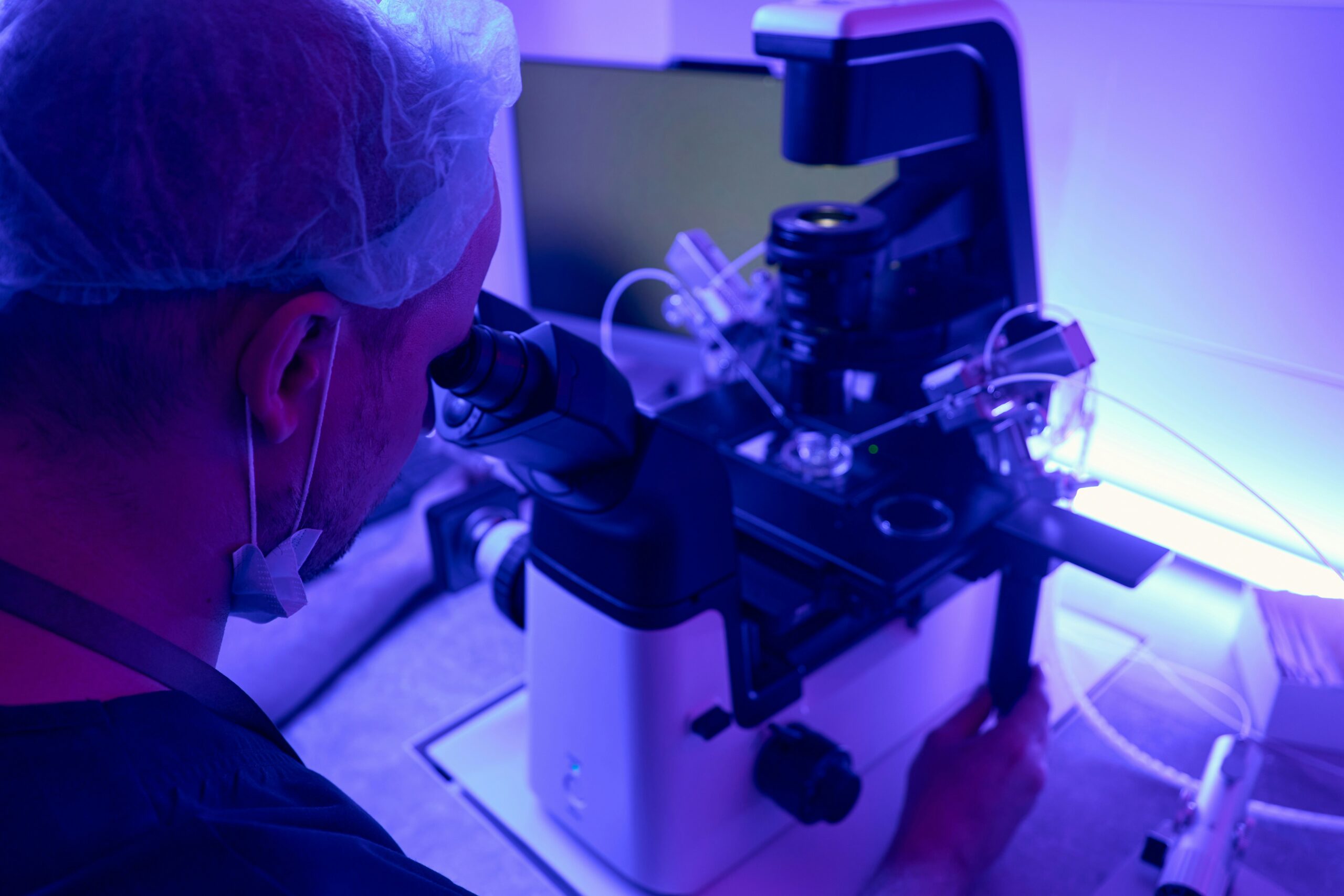
Healthcare is changing faster than ever, thanks to groundbreaking medical innovations that are reshaping patient care. From artificial intelligence (AI) to robotics and precision medicine, these advancements ensure patients receive faster, safer, and more personalized treatment. Hospitals, clinics, and research institutions are rapidly adopting new technologies that not only save lives but also improve the overall quality of care.
In this article, we will explore the most revolutionary medical innovations enhancing patient care, their benefits, and how they are paving the way for the future of healthcare.
Artificial Intelligence in Healthcare
AI has become one of the most potent medical innovations. It helps doctors make better decisions by analyzing vast amounts of data quickly. AI systems can detect patterns in medical images, predict patient risks, and even suggest treatment plans.
For example, AI-powered imaging tools can identify early signs of cancer that a human eye might miss. Predictive analytics also helps hospitals anticipate patient needs, reduce wait times, and improve resource allocation. This not only enhances accuracy but also ensures patients get timely and efficient care.
Robotics Transforming Surgery
Robotic-assisted surgery represents another significant advancement in medical innovation. Surgeons can perform highly complex procedures with incredible precision and minimal invasiveness. Robotic systems enable smaller incisions, resulting in less pain, a reduced risk of infection, and a faster recovery for patients.
Robotic arms, guided by surgeons, can perform delicate tasks like cardiac surgery or joint replacement with far greater accuracy. As technology advances, robotic surgery is becoming increasingly accessible, thereby reducing healthcare costs and enhancing patient safety.
Telemedicine and Virtual Care
The COVID-19 pandemic accelerated the adoption of telemedicine, a true breakthrough among medical innovations. Patients can now consult doctors virtually from the comfort of their homes. Telehealth platforms utilize secure video calls, mobile apps, and remote monitoring devices to deliver care anywhere, at any time.
This innovation reduces the burden on hospitals, improves accessibility for rural patients, and ensures continuity of care for chronic conditions. Moreover, wearable devices, such as smartwatches, track heart rates, glucose levels, and oxygen saturation, allowing doctors to monitor patients in real-time.
Personalized and Precision Medicine
Personalized medicine is one of the most promising medical innovations in patient care. By studying a patient’s genetic profile, doctors can design treatments tailored to the individual’s specific needs. This approach is especially valuable in cancer treatment, where precision therapies target particular tumor cells without harming healthy tissue.
The combination of genomics and biotechnology ensures patients receive treatments that work best for their unique biology. This reduces trial-and-error prescriptions, minimizes side effects, and boosts recovery outcomes.
3D Printing in Healthcare
3D printing is another game-changing medical innovation. It enables the production of custom prosthetics, implants, and even organs. Surgeons can create patient-specific anatomical models to plan complex surgeries, increasing success rates.
Custom prosthetics created with 3D printing are not only more affordable but also more comfortable and functional. In the near future, bioprinting may enable the creation of replacement organs, thereby addressing the global challenge of organ shortages.
Virtual Reality in Patient Care
Virtual reality (VR) is emerging as a therapeutic tool among medical innovations. VR helps patients manage pain, recover from trauma, and overcome anxiety. For example, VR headsets distract patients during painful treatments, making procedures less stressful.
Additionally, VR is being used in medical education. Students and doctors can practice complex procedures in virtual simulations, thereby improving their skills and reducing errors before applying them in real-life situations.
Blockchain for Secure Health Records
The security and accessibility of patient data are critical. Blockchain technology is revolutionizing the storage and sharing of medical records. This medical innovation ensures transparency, accuracy, and security, reducing the risk of fraud or unauthorized access.
Patients can control who views their records, while doctors can access accurate medical histories instantly, improving diagnosis and treatment decisions.
Nanotechnology in Medicine
Nanotechnology is bringing precision to a microscopic level. This medical innovation utilizes nanoscale particles for targeted drug delivery, allowing medicines to directly target diseased cells. This reduces side effects and improves the effectiveness of treatments, especially in cancer therapy.
Nanobots may soon be used to repair tissues, remove toxins, or even perform micro-surgeries within the human body.
Wearable Technology and Remote Monitoring
Wearables have become a central part of medical innovations in patient care. Devices such as smartwatches, fitness trackers, and medical-grade sensors continuously collect data like heart rate, sleep patterns, and glucose levels.
These devices help doctors track patients remotely, ensuring timely interventions before conditions worsen. Patients also gain more control over their health by monitoring their daily habits and progress.
Future of Medical Innovations
The future of healthcare lies in continuous advancement and adoption of medical innovations. The integration of AI, robotics, genomics, and digital health will create a seamless system that focuses on both prevention and treatment, ultimately enhancing overall health outcomes.
Healthcare providers are also exploring sustainable innovations, such as eco-friendly hospital designs and energy-efficient medical equipment, ensuring a healthier planet alongside healthier patients.
Revolutionary medical innovations are reshaping patient care by making treatments faster, safer, and more personalized. From AI and robotics to precision medicine and telehealth, each advancement brings healthcare closer to a future where patients experience better outcomes with fewer risks.
As these innovations evolve, they hold the promise of transforming the healthcare system into one that is not only reactive but also proactive—focused on prevention, early detection, and long-term wellness.